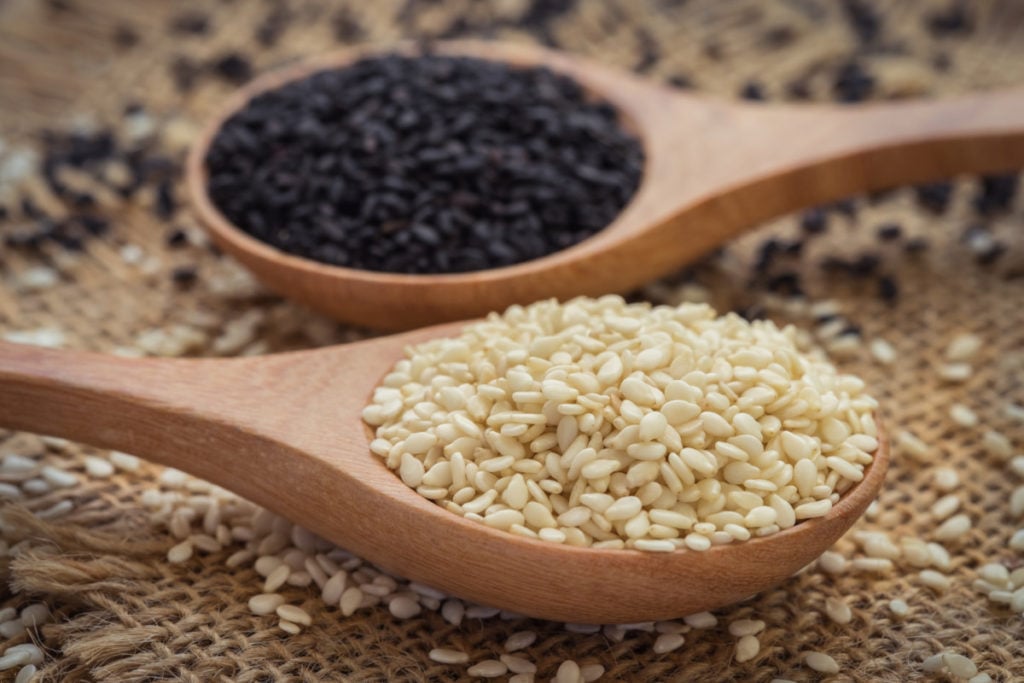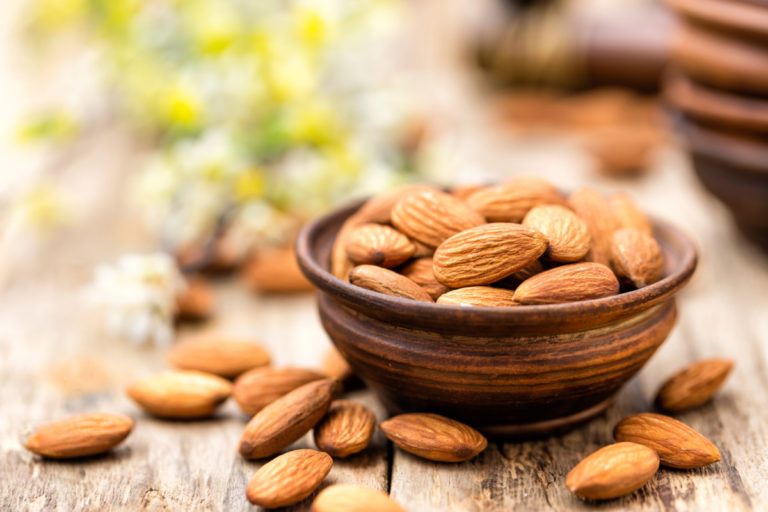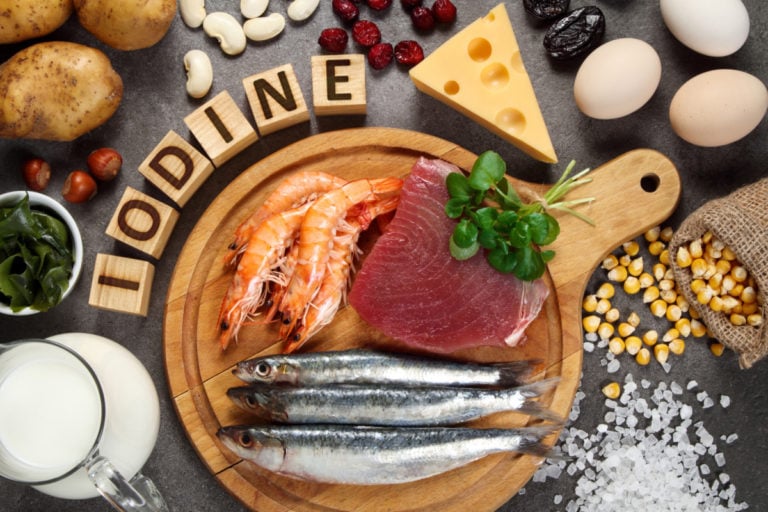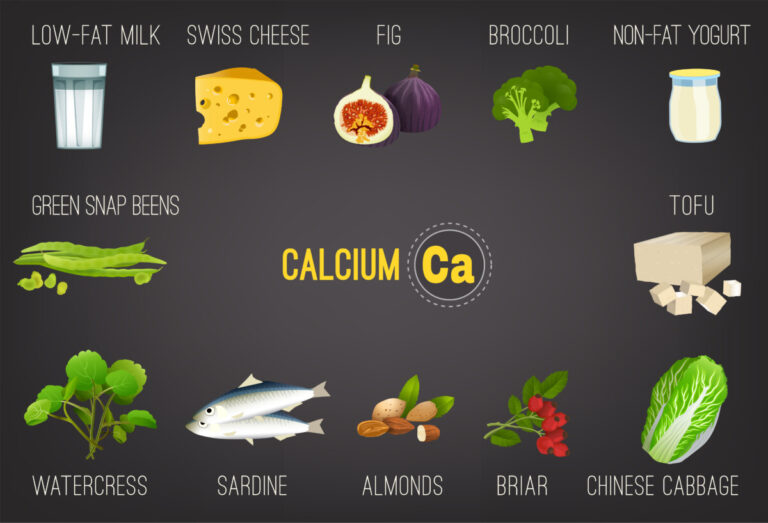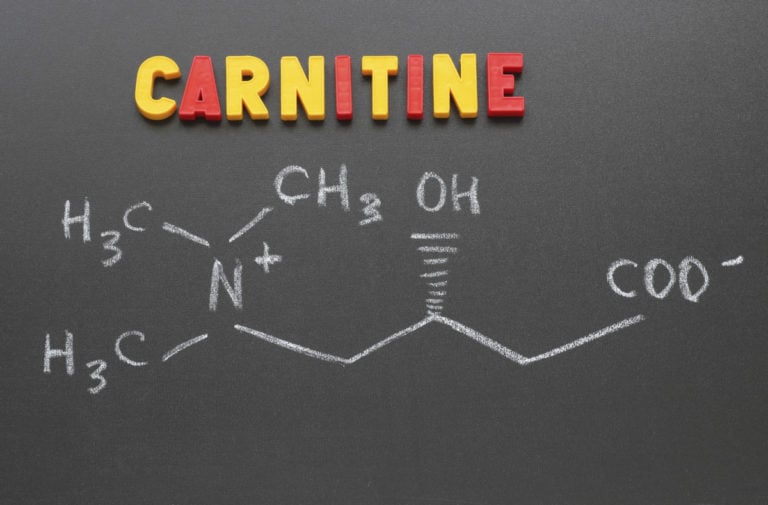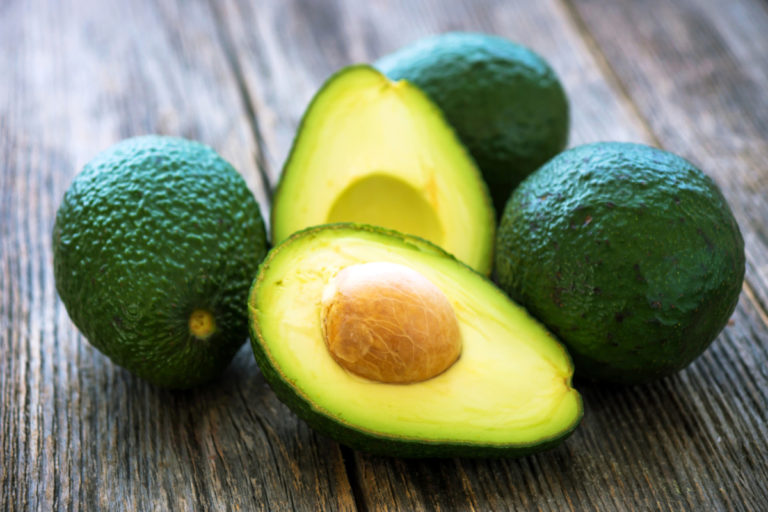At first glance, almost everyone recognizes sesame seeds. They are small and have a beige, golden or brown color, but there is also black sesame. But do you know how sesame seeds actually grow?
More importantly, although sesame seeds are not conspicuous, they are also nutritious and can support human health. Why is it worth adding one or two tablespoons of these seeds to your meals on a regular basis?
It contains a large amount of minerals
Sesame seeds contain many important minerals and trace elements.
In particular, they contain large amounts of iron, magnesium, calcium and phosphorus. The lack of these substances in the body can lead to serious health problems.
Sesame also replenishes the body with essential zinc, potassium, selenium and manganese. However, it is also rich in vitamins, especially vitamins C and E, as well as several B vitamins. Sesame also contains lecithin, phytosterols or lignans with strong antioxidant effects.
Rich in protein and healthy fats
Sesame seeds are also a source of essential nutrients and therefore proteins, carbohydrates and fats.
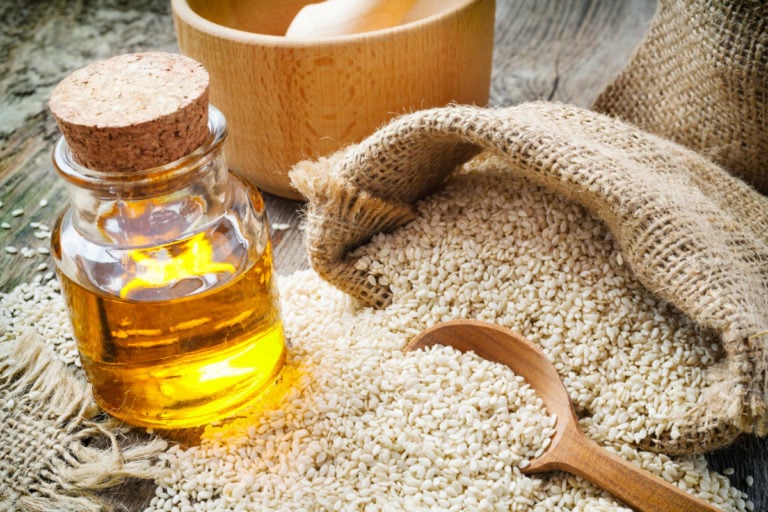
They are mainly made up of fats. Sesame seeds have important monounsaturated and polyunsaturated fatty acids such as oleic acid. Sesame also contains carbohydrates, which are the main source of energy for the body.
About a fifth of these seeds are made up of important proteins that are involved in the formation of cells and tissues, are part of hormones or enzymes, perform a protective function, and perform many other tasks.
Sesame helps the heart and blood vessels
Due to their composition, they are a welcome part of the diet for high cholesterol problems. They also help in this direction due to the content of the mentioned healthy fats or lignans. Sesame seeds help maintain adequate blood pressure.
By supporting the normalization of cholesterol and blood pressure, they help prevent and reduce the risk of serious cardiovascular diseases, including atherosclerosis or heart attack.
They maintain good hair and skin quality
Thanks to the content of carotenes, magnesium, calcium, zinc, antioxidants, proteins and healthy fats, they provide them with proper nutrition. In traditional medicine, they are suitable helpers for skin and hair problems. For example, zinc supports skin health and also helps to minimize hair loss.
Antioxidants protect the skin from free radical damage and premature aging. For good quality hair, nails and skin, you also need to consume enough healthy fats, which are also hidden in sesame.
Seeds improve digestion
If you add sesame seeds to yogurt or breakfast cereal in the morning, you will effectively improve digestion.
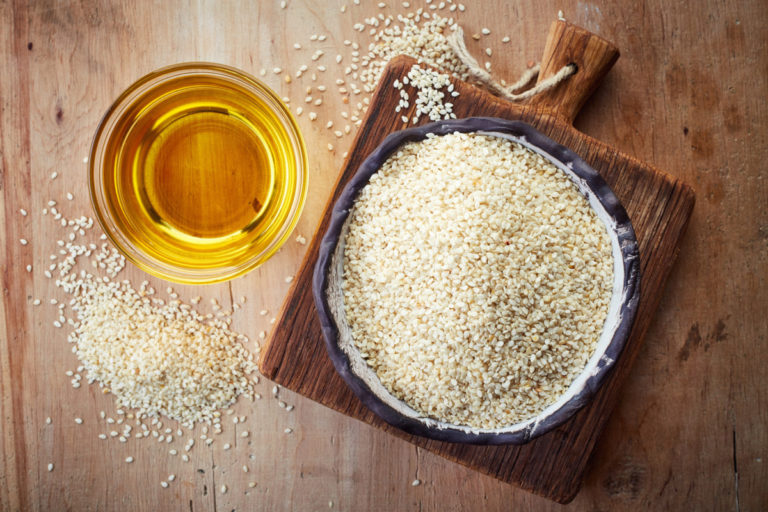
Sesame is high in fiber, about 12g per 100g serving. Although we do not consume these seeds in such large quantities, even two tablespoons of sesame seeds still contain a significant amount of fiber, which is necessary for the digestive process and especially for intestinal activity.
Fiber supports regular emptying and adequately protects against constipation. As a result, it promotes gut health and prevents colorectal cancer.
Sesame is good for bone health
Sesame is very rich in several minerals that help keep bones and teeth strong and healthy. For example, sesame seeds are among the best sources of calcium, which is also needed to maintain good bones and teeth.
In sesame we also find the necessary magnesium, phosphorus and zinc. It is appropriate to include it in the diet, for example, with osteoporosis, as well as for the prevention of this disease.
Seeds support hematopoiesis
They are also a source of iron, a deficiency of which is a very common cause of anemia. Due to the content of magnesium or some B vitamins, sesame also has a beneficial effect on the human nervous system. Soothes and has an antidepressant effect.
In general, magnesium maintains a good mental state and protects against the effects of stress. Sesame seeds should be added to the diet even for problems with cramps in the legs and calves, which often result from a lack of magnesium.
